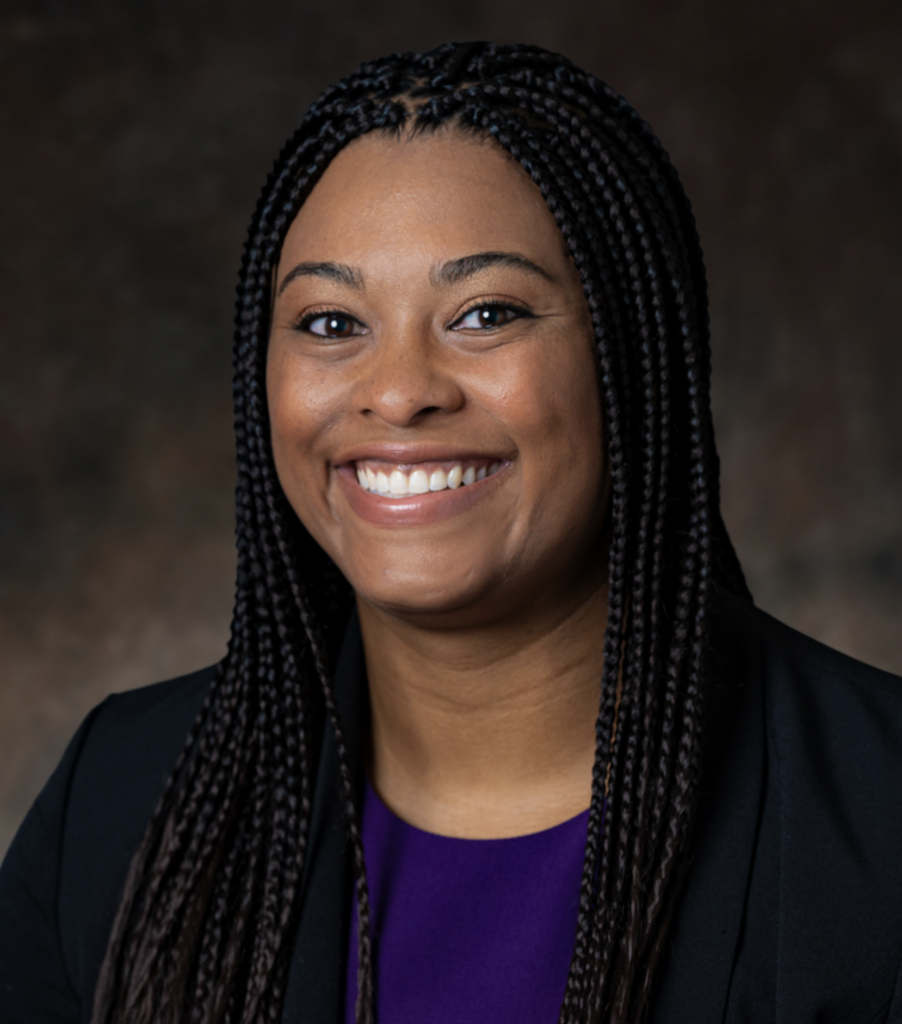
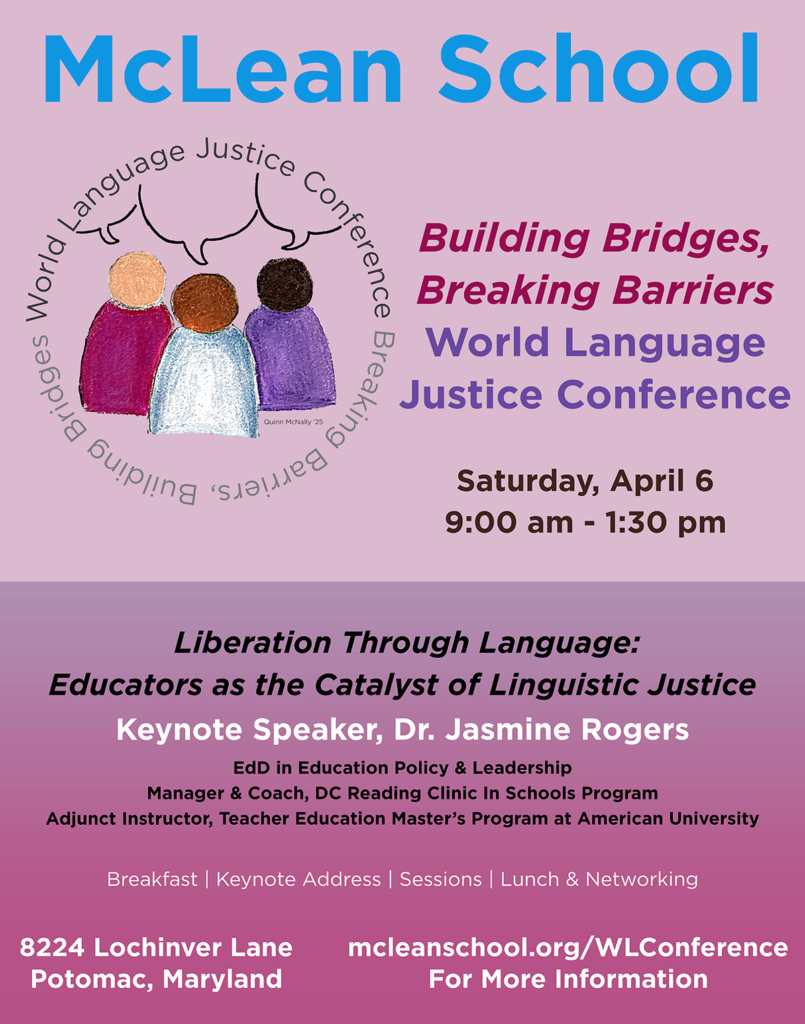 Breaking Barriers, Building Bridges: World Language Justice Conference
Breaking Barriers, Building Bridges: World Language Justice Conference
Saturday, April 6
9:00 am-1:30 pm
Lochinver Lane Campus
8224 Lochinver Lane
Potomac, Maryland
The Breaking Barriers, Building Bridges: World Language Justice Conference aims to highlight the intersection of social justice and world languages, encouraging collaboration among professionals and experts in the field. We invite educators, scholars, researchers, and practitioners to attend.
Guests: $20
Complimentary for Presenters, McLean School Faculty & Staff
Breakfast & Lunch Included
Co-Conference Chair, Stephanie Krause
Co-Conference Chair, Nicole Morgan
Dr. Jasmine Rogers, Keynote Speaker
|
Sessions
Harnessing Demographic Data for Inclusive Classrooms: A Path to Social Justice
Traci Dougherty
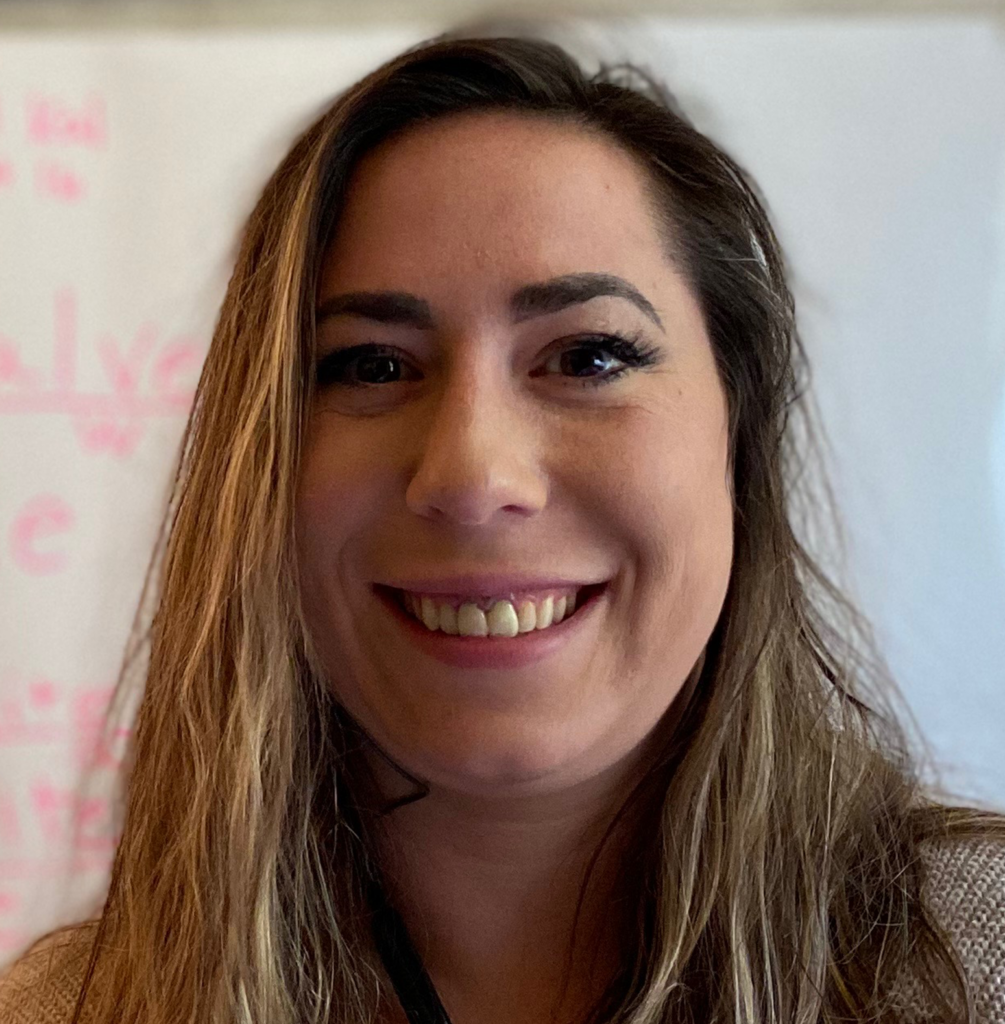 This session aims to empower educators with practical strategies for leveraging demographic data in the classroom to foster a more inclusive and socially just learning environment. By understanding and utilizing demographic information, teachers can tailor their approaches to address diverse needs, promote equity, and cultivate a sense of belonging among students.
This session aims to empower educators with practical strategies for leveraging demographic data in the classroom to foster a more inclusive and socially just learning environment. By understanding and utilizing demographic information, teachers can tailor their approaches to address diverse needs, promote equity, and cultivate a sense of belonging among students.
Bio
Traci Dougherty is a Middle School Latin teacher outside of Philadelphia and has been teaching for over 10 years. She earned her Masters in Education from Temple University, completed graduate work at the University of Pennsylvania and Villanova University. Her first career was in data analytics, also at the University of Pennsylvania.
Student Voice Matters – Building a Program for Emerging Multilingual Learners by Emerging Multilingual Learners
Jennifer O’Neil & Larissa Amador
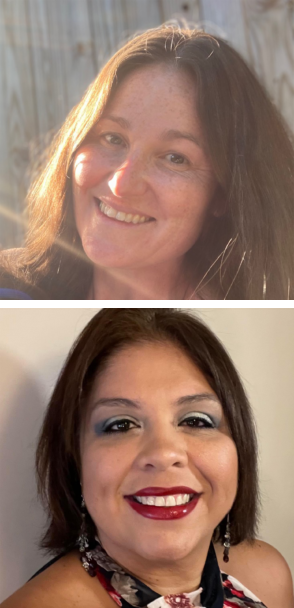 Come learn from Emerging Multilingual Learners about how they worked with staff at Northwood High School to create a comprehensive program to better serve newly arrived international students. This program by students, for students, is unique to Northwood and Montgomery County and is an example of how students and staff worked together to respond to student voice and need. We hope to share our model, tools, and structures for responding to student voice, particularly those whose voices are frequently marginalized.
Come learn from Emerging Multilingual Learners about how they worked with staff at Northwood High School to create a comprehensive program to better serve newly arrived international students. This program by students, for students, is unique to Northwood and Montgomery County and is an example of how students and staff worked together to respond to student voice and need. We hope to share our model, tools, and structures for responding to student voice, particularly those whose voices are frequently marginalized.
Bios
Jenny O’Neil is a veteran Spanish and Spanish for Spanish Speakers teacher with experience in Chicago, New York City, Boston, and Montgomery County, Maryland. Co-creator of the Global Gladiators Program.
Larissa Amador is a veteran teacher certified to teach Spanish, French, Italian, and Spanish for Spanish speakers. Now in the administration role that supervises World Languages and Co-creator of the Global Gladiators Program
Social Justice in the Language Classroom
Bryan Whitford
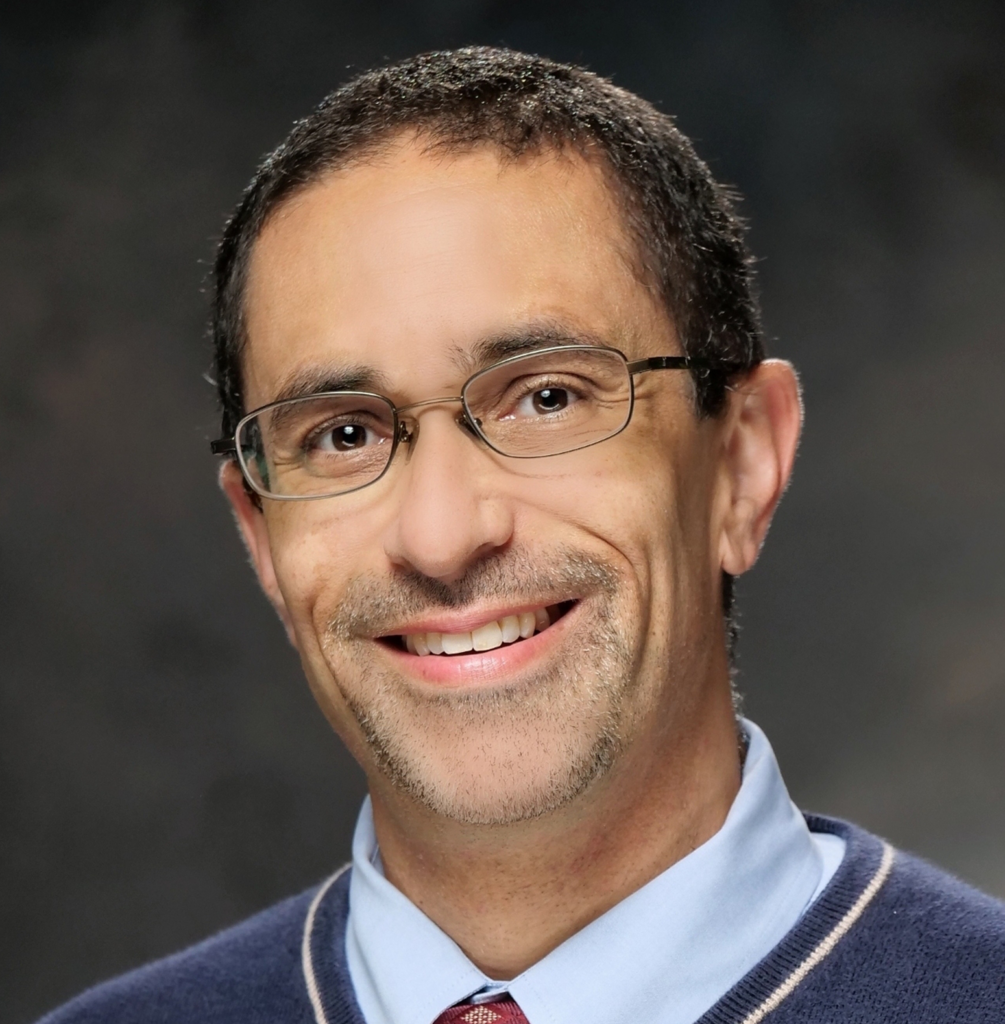 This session aims to define examples of social justice and what it might look like in the language classroom. Rather than going into detail of curriculum examples, I believe it is more helpful to engage participants in discussion and hopefully guide them to better see how they might develop a social justice topic or unit. Through discussion and open sharing participants can see that no two social justice units are the same yet both can be highly effective.
This session aims to define examples of social justice and what it might look like in the language classroom. Rather than going into detail of curriculum examples, I believe it is more helpful to engage participants in discussion and hopefully guide them to better see how they might develop a social justice topic or unit. Through discussion and open sharing participants can see that no two social justice units are the same yet both can be highly effective.
Bio
Bryan Whitford teaches Upper School Spanish at Bullis School in Potomac, Maryland where he also serves as a Co-Chair of Diversity, Equity, and Inclusion. He earned his BA in Spanish and his MA in Latin American Studies with Peace Service in between. As a Spanish teacher, he helps students develop their language skills by discussing the intersection between language and culture while also considering the experiences of the individuals inhabiting the language.
Accessibility as a Bare Minimum: Striving for Disability Justice in World Languages
Wesley Wood
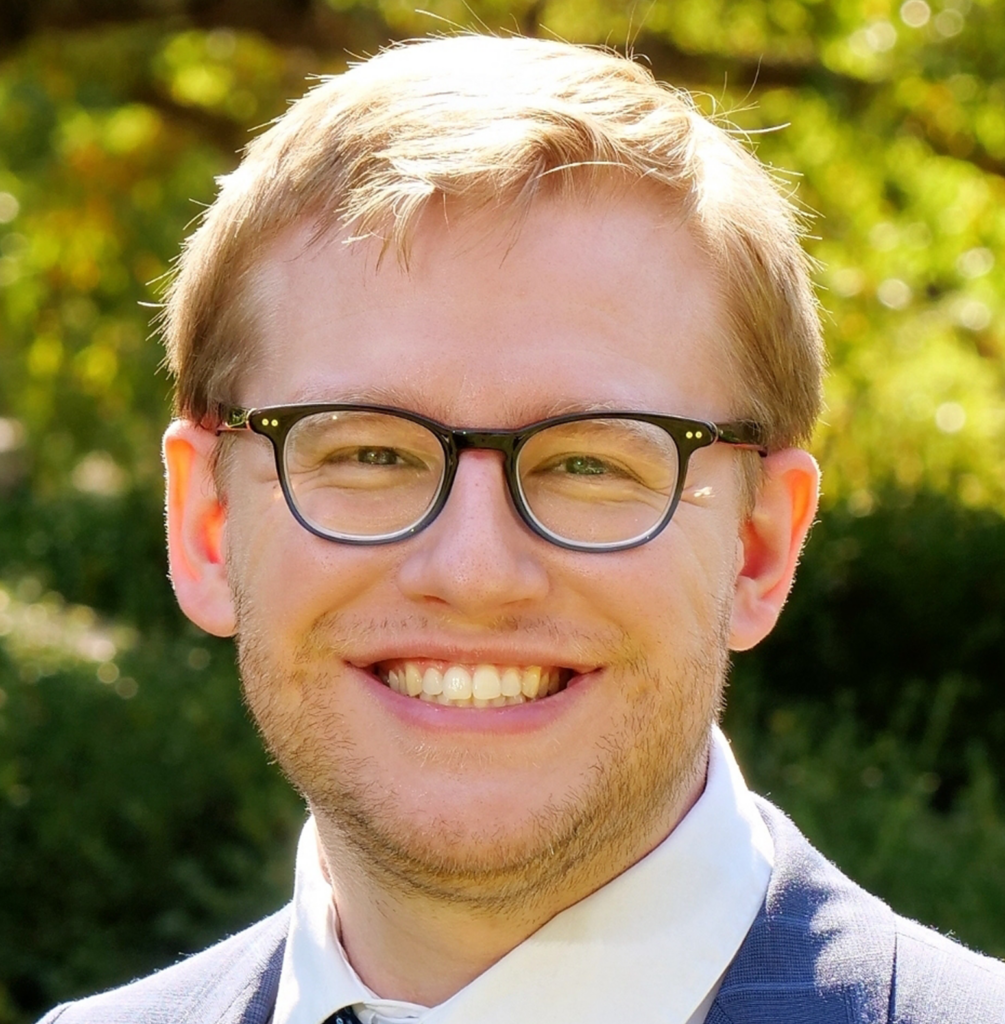 In this session, I aim to introduce attendees to the concept of disability justice within the context of World Language education. In partnership with special education, we must embrace a more holistic approach that prioritizes equity, inclusion, and empowerment for all learners, including those with disabilities. Through a combination of research-based insights and practical strategies, attendees will gain a deeper understanding of the barriers faced by neurodiverse/disabled students in language learning and explore innovative ways to dismantle these barriers in their own classrooms.
In this session, I aim to introduce attendees to the concept of disability justice within the context of World Language education. In partnership with special education, we must embrace a more holistic approach that prioritizes equity, inclusion, and empowerment for all learners, including those with disabilities. Through a combination of research-based insights and practical strategies, attendees will gain a deeper understanding of the barriers faced by neurodiverse/disabled students in language learning and explore innovative ways to dismantle these barriers in their own classrooms.
Bio
Wesley Wood is a Middle and High School Latin (and sometimes French) teacher at Bullis School in Potomac, Maryland. He is in his seventh year of teaching, with Master’s degrees in Classics from the University of Colorado Boulder and in Foreign Language Education from Miami University-Ohio. ln 2022, Wesley served as Teacher of the Year for the Greater Washington DC Association of World Language Teachers and was selected as a Mead Fellow for NECTFL. Together with Stephanie Krause of McLean School, their ongoing project entitled “Casting a Wider Net: Helping World Language Teachers Reach Their Neurodiverse Learners” has helped hundreds of World Language educators across the United States.
